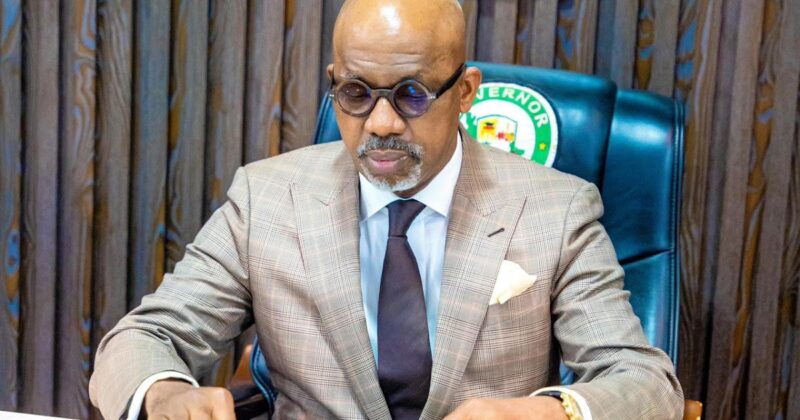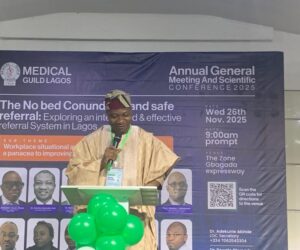The Ogun State government has expressed grave concern over the escalating burden of mental health issues, revealing that over 10,000 patients sought treatment at its facilities in the first six months of 2025 alone.
The disclosure, made during World Mental Health Day commemorations, underscores a growing crisis driven by economic pressures, substance abuse, and chronic conditions, prompting calls for expanded community support and awareness.
Commissioner for Health, Dr. Tomi Coker, represented by Permanent Secretary Dr. Kayode Oladehinde, highlighted the alarming data from the state’s four key mental health service points in Abeokuta, Ijebu Ode, Ilaro, and Ota.
“In just the first half of 2025, we recorded over 10,000 patient visits, with nearly 1,000 being new cases and the rest follow-ups, reflecting the chronic and increasing nature of these conditions,” Coker stated.
She emphasized that mental health is a fundamental human right, not a privilege, and affirmed the government’s commitment to making services accessible, affordable, and stigma-free.
The surge aligns with national trends in Nigeria, where mental health resources remain scarce—one psychiatrist per million people—and economic hardships exacerbate vulnerabilities.
In Ogun, a densely populated industrial hub, factors like unemployment, inflation, and post-pandemic stress are believed to contribute significantly.
The state has responded by establishing the Ogun State Mental Health Action Committee, chaired by Dr. Olajide Abayomi and comprising 26 members from various agencies, in line with the National Mental Health Policy.
The committee will lead community sensitization, education drives, and engagement programs to bolster support networks.
Coker announced a lineup of activities for World Mental Health Day, including public lectures, media campaigns, and free screening sessions to demystify mental illness and encourage early intervention.
“For every citizen of Ogun State, if you are struggling, you are not alone—the government is ready and willing to lend a helping hand,” she added, urging residents to utilize the service points for confidential care.
Health experts welcomed the initiative but called for more funding and integration of mental health into primary care. Dr. Abayomi noted that early detection could prevent escalation, potentially reducing the long-term societal costs.
Click to signup for FREE news updates, latest information and hottest gists everyday
Advertise on NigerianEye.com to reach thousands of our daily users









